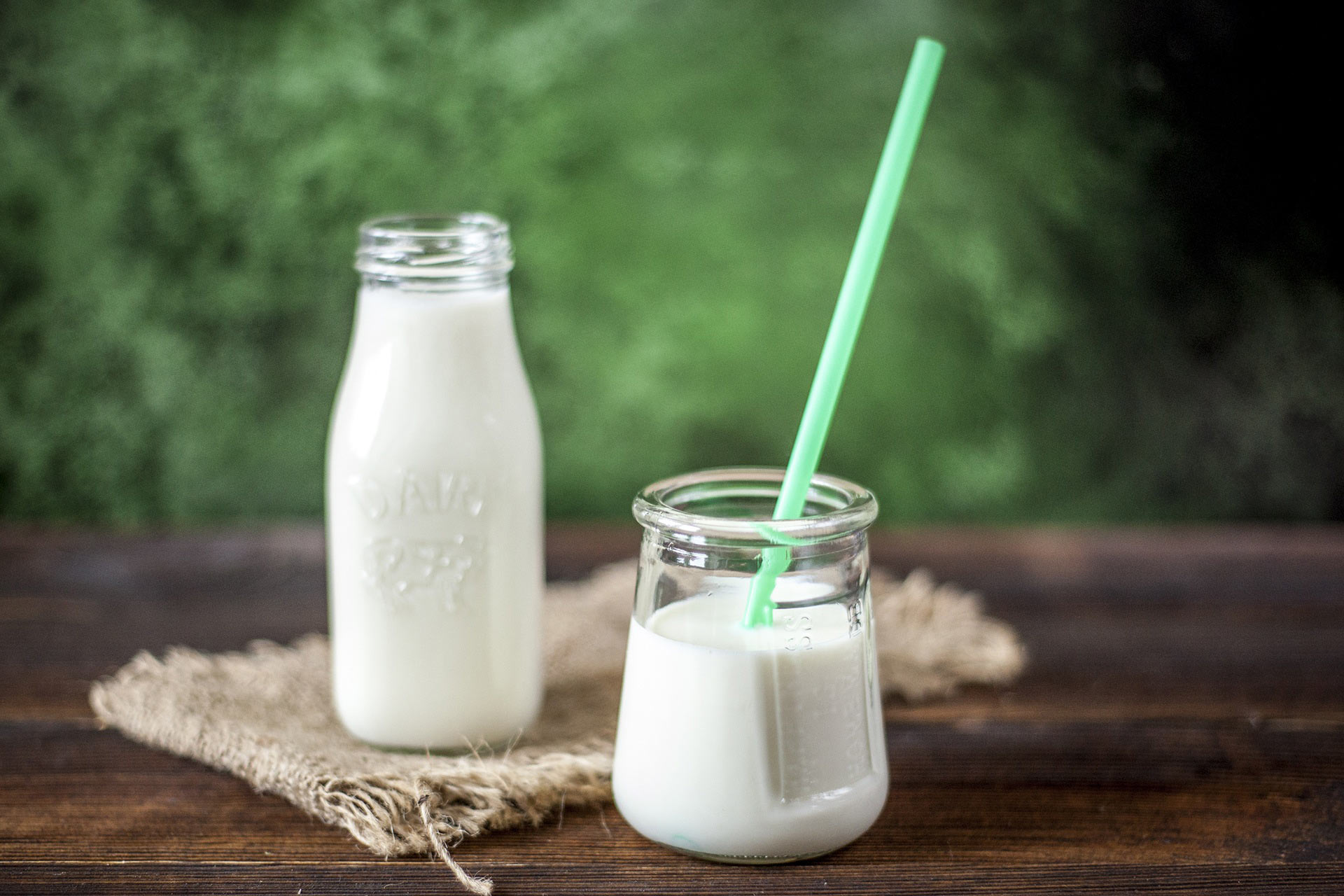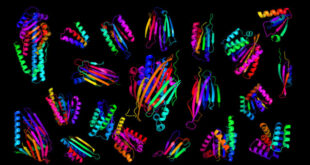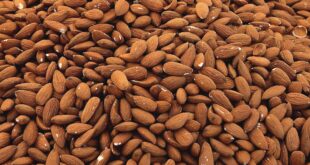
In a new meta-analysis of previous studies, a team of researchers from the United Kingdom, Australia and New Zealand found that people who regularly drank high amounts of milk had lower levels of both good and bad cholesterol, although their body mass index (BMI) levels were higher than non-milk drinkers; they also found that those who regularly consumed milk had a 14% lower risk of coronary heart disease.
Vimaleswaran et al. provide genetic evidence for the association of milk consumption with higher BMI but lower serum cholesterol levels. Image credit: Imo Flow.
“Obesity, hypertension, dyslipidemias and hyperglycemia are all strong contributors’ to cardio-metabolic diseases, which are the major causes of morbidity and mortality worldwide,” said Professor Vimal Karani, a researcher at the University of Reading and UCL Institute of Child Health, and his colleagues.
“Diet is a major determinant of cardio-metabolic diseases and several studies have shown associations between dairy and milk consumption and cardio-metabolic risk factors.”
“High fat dairy products can lead to adverse effects on cardiovascular risk by increasing the intake of saturated fat and cholesterol which have been shown to increase blood cholesterol and subsequent risk of cardiovascular diseases.”
“In addition, milk is a major source of calcium and a risk factor for arterial calcification.”
“Despite these proposed adverse effects, a reduced risk of cardiovascular diseases was reported for consumption of milk and low-fat dairy products in large scale meta-analysis of data from nine studies.”
The researchers took a genetic approach to milk consumption by looking at a variation in the lactase gene (LCT) associated with digestion of milk sugars known as lactose.
They analyzed data from three large-scale population-based studies (1958 British Birth Cohort, Health and Retirement study, and UK Biobank) with up to 417,236 participants and summary statistics data from several large consortia meta-analyses.
They identified that having the genetic variation where people can digest lactose was a good way for identifying people who consumed higher levels of milk.
“We found that among participants with a genetic variation that we associated with higher milk intake, they had higher BMI, body fat, but importantly had lower levels of good and bad cholesterol,” Professor Karani said.
“We also found that those with the genetic variation had a significantly lower risk of coronary heart disease.”
“All of this suggests that reducing the intake of milk might not be necessary for preventing cardiovascular diseases.”
“The study certainly shows that milk consumption is not a significant issue for cardiovascular disease risk even though there was a small rise in BMI and body fat among milk drinkers,” he added.
“What we do note in the study is that it remains unclear whether it is the fat content in dairy products that is contributing to the lower cholesterol levels or it is due to an unknown ‘milk factor’.”
The findings appear in the International Journal of Obesity.
_____
K.S. Vimaleswaran et al. Evidence for a causal association between milk intake and cardiometabolic disease outcomes using a two-sample Mendelian Randomization analysis in up to 1,904,220 individuals. Int J Obes, published online April 26, 2021; doi: 10.1038/s41366-021-00841-2
 #Bizwhiznetwork.com Innovation ΛI |Technology News
#Bizwhiznetwork.com Innovation ΛI |Technology News



